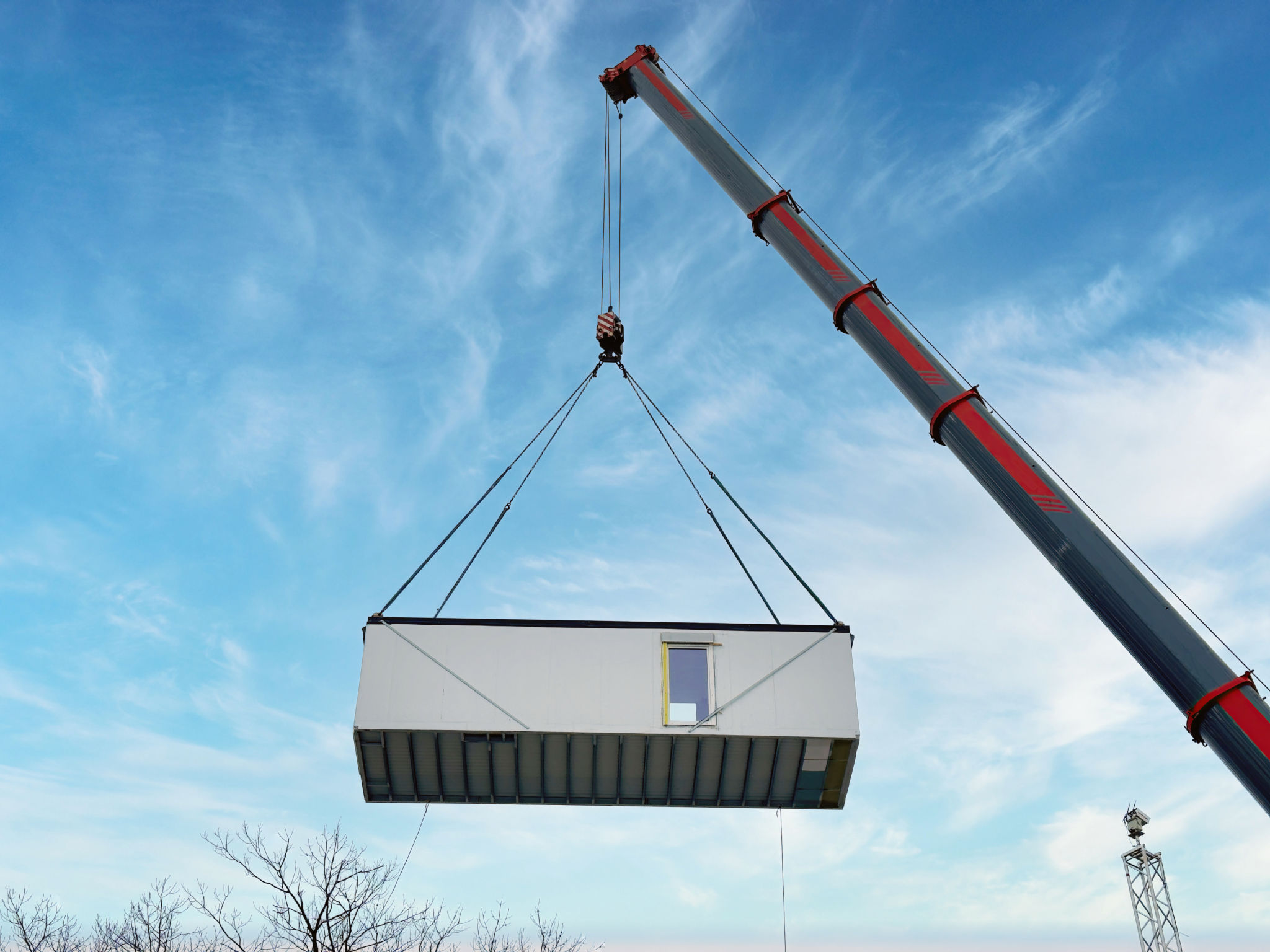Top Construction Trends Transforming the Industry Today
Es
Sustainable Building Practices
The construction industry is undergoing a significant transformation with the increasing adoption of sustainable building practices. Sustainability has become a crucial factor, driven by the need to reduce environmental impact and adhere to stricter regulations. Today, more companies are focusing on eco-friendly materials and energy-efficient designs, making green construction a standard rather than an exception.
One popular trend is the use of recycled materials in construction projects. From recycled steel to reclaimed wood, these materials help reduce waste and conserve natural resources. Additionally, many builders are incorporating solar panels and energy-efficient windows to minimize energy consumption and lower costs in the long run.

Technological Advancements
Technology is revolutionizing the construction industry by streamlining processes and enhancing productivity. The integration of Building Information Modeling (BIM) allows for more accurate planning and execution of projects. BIM provides a digital representation of physical and functional characteristics, enabling better collaboration among stakeholders.
Another technological advancement is the use of drones for site surveys and inspections. Drones offer real-time data collection, allowing for precise mapping and monitoring of construction sites. This not only improves safety but also speeds up project timelines by providing quicker insights into potential issues.

Prefabrication and Modular Construction
Prefabrication and modular construction methods are gaining traction due to their efficiency and cost-effectiveness. These techniques involve assembling components of a structure in a controlled environment before transporting them to the construction site. This approach reduces construction time and minimizes disruption on-site.
Moreover, modular construction offers flexibility in design and scalability, making it an ideal solution for various projects, from residential buildings to large commercial complexes. The precision of factory assembly also enhances the quality and durability of the final product.

Smart Buildings and IoT
The concept of smart buildings is becoming increasingly popular as the Internet of Things (IoT) continues to evolve. Smart buildings utilize IoT devices to monitor and control various systems, such as lighting, heating, and security. This connectivity enhances energy efficiency and provides occupants with greater control over their environment.
Additionally, smart building technology can lead to significant cost savings. For instance, automated systems can adjust lighting based on occupancy levels or optimize heating and cooling systems based on weather conditions, resulting in reduced energy consumption.
Emphasis on Safety and Training
Safety remains a top priority in the construction industry, prompting companies to invest in better training programs and safety equipment. The implementation of virtual reality (VR) for training purposes is a growing trend. VR allows workers to engage in realistic simulations, improving their skills and awareness without the risk of real-world accidents.
Furthermore, wearable technology is being used to monitor workers' health and safety on-site. Devices such as smart helmets and vests can track vital signs, detect fatigue, and alert workers to potential hazards, ensuring a safer working environment.
